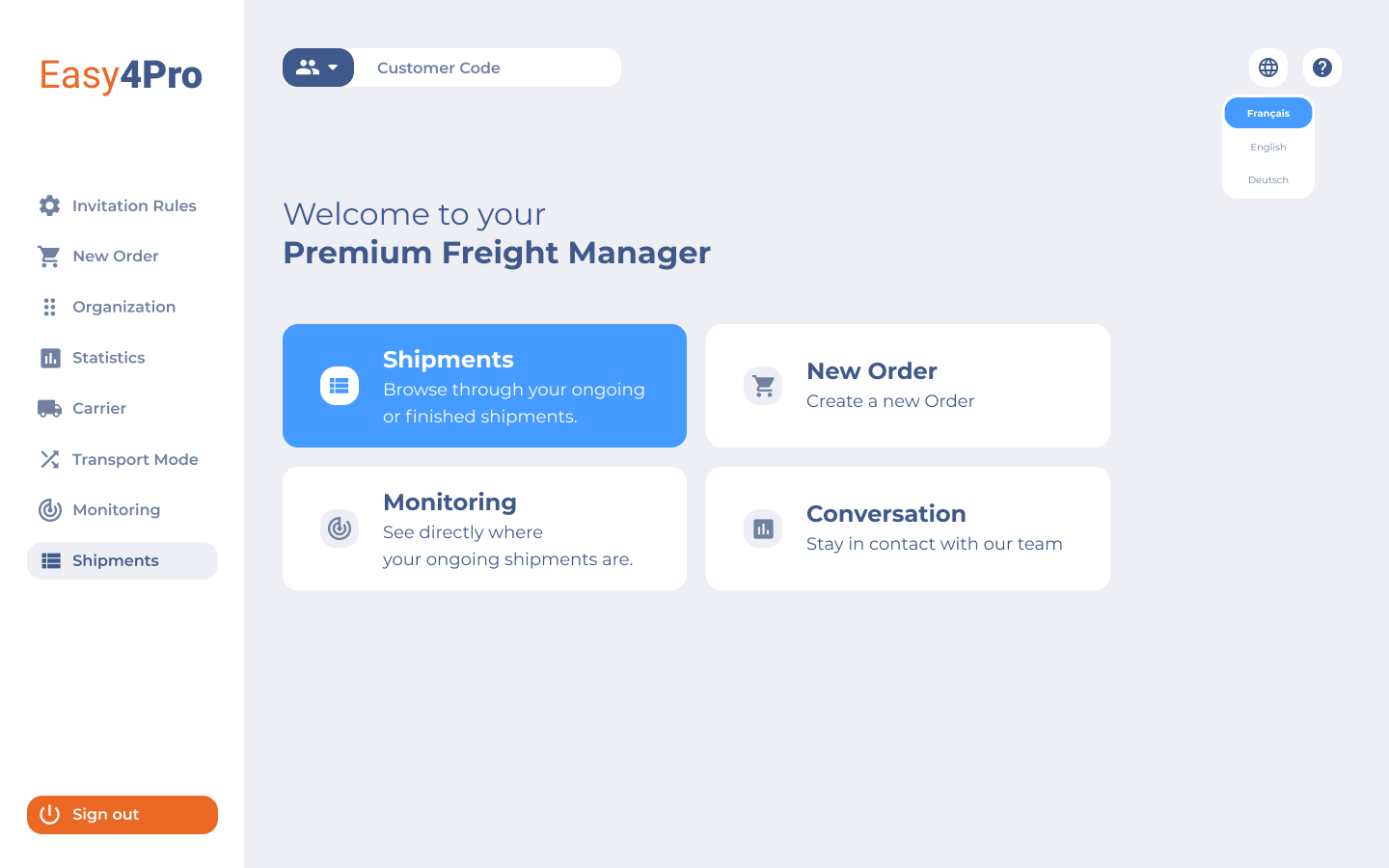

- NEW TECH TMS & BUSINESS INTELLIGENCE PLATFORM MANUAL
- NEW TECH TMS & BUSINESS INTELLIGENCE PLATFORM FULL

Improve team workflows with multiple modes, analytics, and visibility integrated in one place.

NEW TECH TMS & BUSINESS INTELLIGENCE PLATFORM FULL
A full supply chain management suite could include a global trade management application, a warehouse management system, a TMS, and more. For both standalone cloud-based and on-premise transportation management systems, easy integration is crucial. TMS should be part of a business’s overarching supply chain management strategy, but transport system management is not the only piece of the complex supply chain. Enterprise businesses often need a full supply chain management (CSM) suite that includes a transportation management system. Transportation managers that coordinate shipments within a complex supply chain, often more than $100 million worth of goods, need a platform that can manage shipments beyond the capabilities of simple transport management systems. Shippers representing businesses across nearly all industries - ranging from food and beverage to furniture manufacturers - can benefit from a TMS. Logistic service providers (3PLs and 4PLs).While many businesses would see a positive impact on their shipping process with a TMS, the most common users of a transportation management system are: Who uses a Transportation Management System? On top of that, pricing insights and data analytics dashboards empower shipping professionals to lower transportation costs and improve their operation by finding poorly performing lanes and carriers and identifying additional solutions for the business. Optimizing: A TMS that tracks performance of shipments - ranging from operational statistics (OTP/OTD) to carrier scorecards - helps shippers optimize future shipments. A TMS with more advanced capabilities can automatically import orders, consolidate them into loads, tender shipments with automated workflows, provide visibility into shipments, settle and reconcile invoices, and more. TMS can give shippers insight into shipments and help them manage customer expectations with proactive event management (minimize delays, provide information on market changes, etc.)Įxecuting: Executional functions of a TMS can widely vary depending on the technology and focus of the transportation management system. Planning: Transportation management systems help shippers determine the best transportation mode, lowest rates, most reliable carriers, and highest performing lanes. The core capabilities of a TMS can be broken down into the planning, execution, and delivery of shipments - as well as the optimization of related supply chain processes such as billing, carrier selection, price strategy, and more. With global trade and e-commerce growing significantly, now it’s more important than ever to understand the impact a transportation management system could have on your supply chain. More advanced systems go beyond the basic functions of a TMS - they also bring automation and visibility into shipments, help organize executional functions (like billing and reconciliation), and compile data insights to use for future shipments. Transportation management systems are used by shippers to streamline traditionally manual processes within the logistics subset of their supply chain. This market focuses on holistic multimodal domestic TMSs for use by shippers (such as manufacturers, retailers, distributors and wholesalers) or non-asset-based, third-party logistics (3PL) organizations.” “software that deals with the planning and execution of the physical movement of goods across the supply chain. A transportation management system (TMS) is a supply chain solution that helps businesses and shippers plan, execute and optimize shipping processes.


 0 kommentar(er)
0 kommentar(er)
